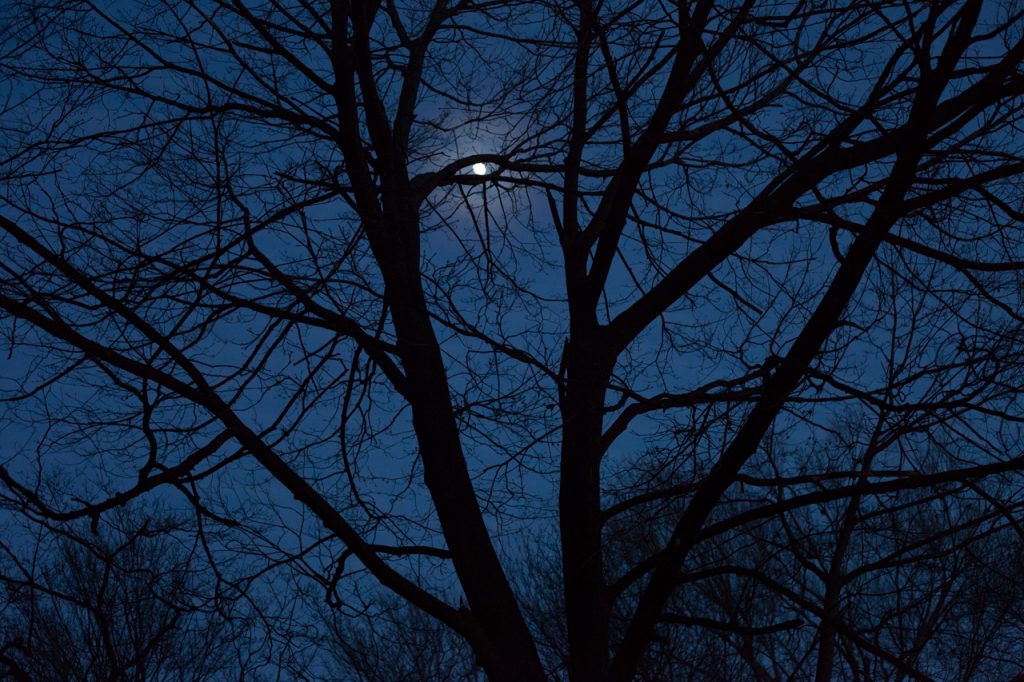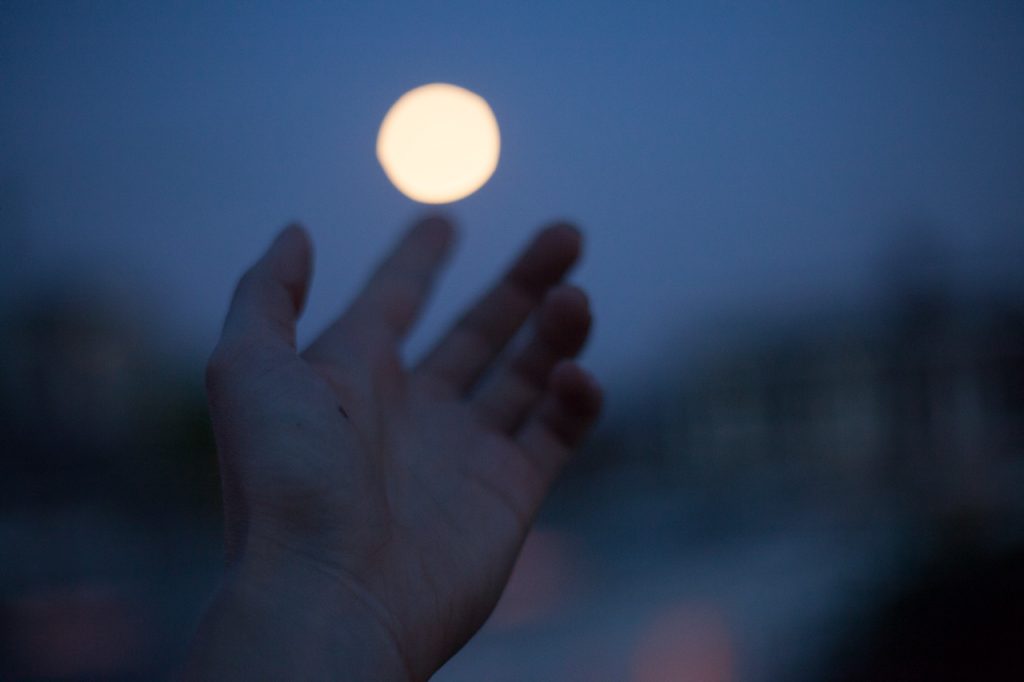In the photobook Somnyama Ngonyama, South African visual activist Zanele Muholi creates an identity, performs an identity, dismantles an identity, confronts with identity.
We Are Not Alone.
Every night on Earth, we mortals gaze up into the vast universe of stars and planets, full of humility and awe, and ask, “Are we alone?”
If there has been any extraterrestrial answer to our question, we do not yet have the means of hearing it. So, we ask again, and again, into the expanding infinite. We have been in search of intelligent life, presumably other beings who could explain to us a thing or two, but some would be satisfied to find signs of any life at all. Bacteria. A foreign breed of cockroach would be sufficient to cause celebration, generating hurrahs and congratulations.
Meanwhile, here on Earth, we poison or squash any cockroach we find.

Are we alone? Not at all. We are surrounded by lifeforms on all sides: cats and oak trees and giraffes and tardigrades and mold and octopi and reefs. Our world is full of so many different kind of lifeforms that we haven’t even finished cataloguing them all. Yet, we’re still lonely enough to look up, wondering what else is there. As though the answer to our bottomless needs could actually be found.
Suppose we did find something else. Then what?
When it comes to the creatures on our own planet, our reactions have been basically limited to exterminating, eating, enslaving, or enclosing. Those are pretty much the only options of interaction we offer to any animal. With some, we offer a temporary alliance in the form of a pet or a farm animal – arrangements that last as long as it suits us, and no longer. Sure, there is some cultural variance, but generally speaking, there would not be any sense of contradiction should we find ourselves in a zoo looking at lions in a cage, eating a hot dog in one hand, while we walk a dog on a leash in the other, and slap a mosquito. Is anyone so naïve to think that we would treat extraterrestrial lifeforms with more magnanimity? We have no credibility to make such a claim.
We are, as a species, systematically, unpredictably and even casually and unintentionally aggressive. If there are other lifeforms in the universe, and if they have any intelligence about them, they would do well to ensure we can never quite prove they exist. And we would do well to not find another species like ourselves.

The point of all this is not, however, to muse on the potential outcomes of an encounter with the otherworldy. It is to emphasize that if our loneliness is not calmed by the creatures that surround us at all times – people, fauna and flora alike – then there is no reason to think that beings from other planets will have the gift to do so either. This loneliness is an internal condition, a leftover irreconciliation between us as conscious beings and the Earth from which we have sprung. Call it by a god’s name if you prefer. Call it unconditional love, too.
Every encounter with another being is an opportunity to train yourself in disconnection, or to celebrate a discovery of life. With the gentlest touch, I invite you to remember: the face of every flower is a friend. Comfort is to be found in a spider, spinning its web in the corner of your house. Small garden lizards, like us, are survivors of the greatest tests of the universe’s creation.
It is pleasurable to look up into the night sky, but it does not hold the resolution for the curiosity and emptiness we carry around inside. That’s existential. Let us not get so distracted by the dreams offered by stargazing that we forget the companions that presently surround us, ready to offer us answers when our wits are ready.
These words, too, are evidence of life. You have discovered me. Congratulations, it is now confirmed: We are not alone.



